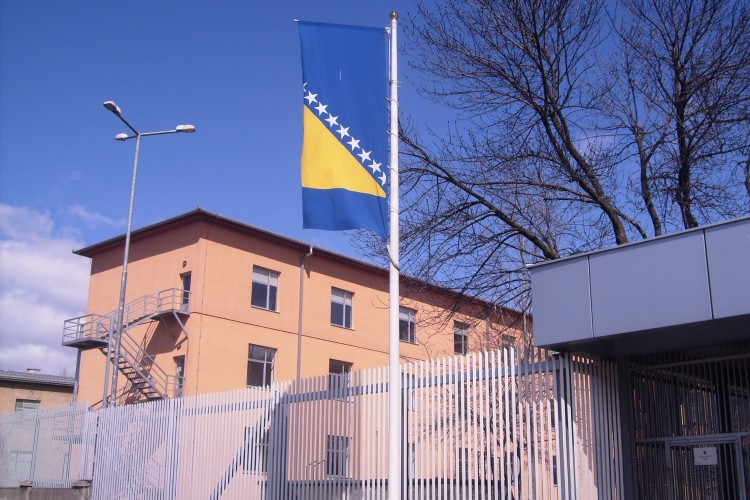
The foreign exchange reserves of the Central Bank of Bosnia and Herzegovina recorded a slight decline in the first three months of 2020, according to the statistics of the Central Bank of BiH, reports Indikator.ba. In March 2020, gross foreign exchange reserves amounted to 12.46 billion BAM and were 0.1% lower than in February. Compared to December 2020, when they amounted to 12.59 billion BAM, foreign exchange reserves had a decline of about 1%.
“We will not allow the use of the foreign exchange reserves of the Central Bank of Bosnia and Herzegovina for fiscal purposes as this would endanger the currency board and threaten financial stability,” is stated by the CBBiH.
This is, inter alia, stated in the Letter of Intent sent by BiH to the International Monetary Fund, which also emphasizes that the funds of EUR 330 million will be used to increase health costs and finance economic stabilization measures.
In a letter of intent, BiH states that the health care system in BiH is poorly equipped and further weakened by the constant exodus of doctors and nurses to other countries.
In recent days, inaccurate claims have been made in public about the role, tasks, and authority of the Central Bank of Bosnia and Herzegovina (CBBH), set by the Law on the Central Bank of BiH and the Constitution of Bosnia and Herzegovina. That is why we want to inform the public of the following.
The CBBH is focused on its key role, which is to preserve monetary stability, which contributes to financial stability in the turbulent circumstances caused by the pandemic. Therefore, it is of utmost importance for us to adequately manage the CBBH’s foreign exchange reserves, with an emphasis on investment security, to preserve the currency board arrangement. In this respect, the local currency (KM) is stable and fully trusted, and thus the CBBH best contributes to the stability of the banking and financial system, macroeconomic stability and preservation of the prerequisites for economic recovery.
Frequent public calls for the use of foreign exchange reserves to directly finance the BiH budget and economy could lead to a much larger and more lasting crisis. Disruptions in the small foreign exchange market can turn into a major crisis overnight. Leaving or disrupting the currency board arrangement would have catastrophic consequences for the financial and economic stability and development prospects of BiH. The value of the local currency would fall, there would be further impoverishment of people, and a feeling of insecurity would be spread.
The BiH institutions seek, within their mandates, to secure favorable financial arrangements to mobilize domestic and international banking resources, which are available in large amounts. The surplus reserves in the CBBH account available to banks at the end of March amounted to KM 2.45 billion. This is the money that belongs to banks and, ultimately, their depositors. Together, we have a duty to safeguard the value and liquidity of the funds entrusted to our banking system by our citizens and the economy. The availability and value of these assets are a condition of our survival. The most that the CBBH can do under such conditions within its mandate is to consider a reduction in the reserve requirement rate if the excess reserves of banks prove insufficient to finance public programs. If this situation arises, rest assured that we would do that.















